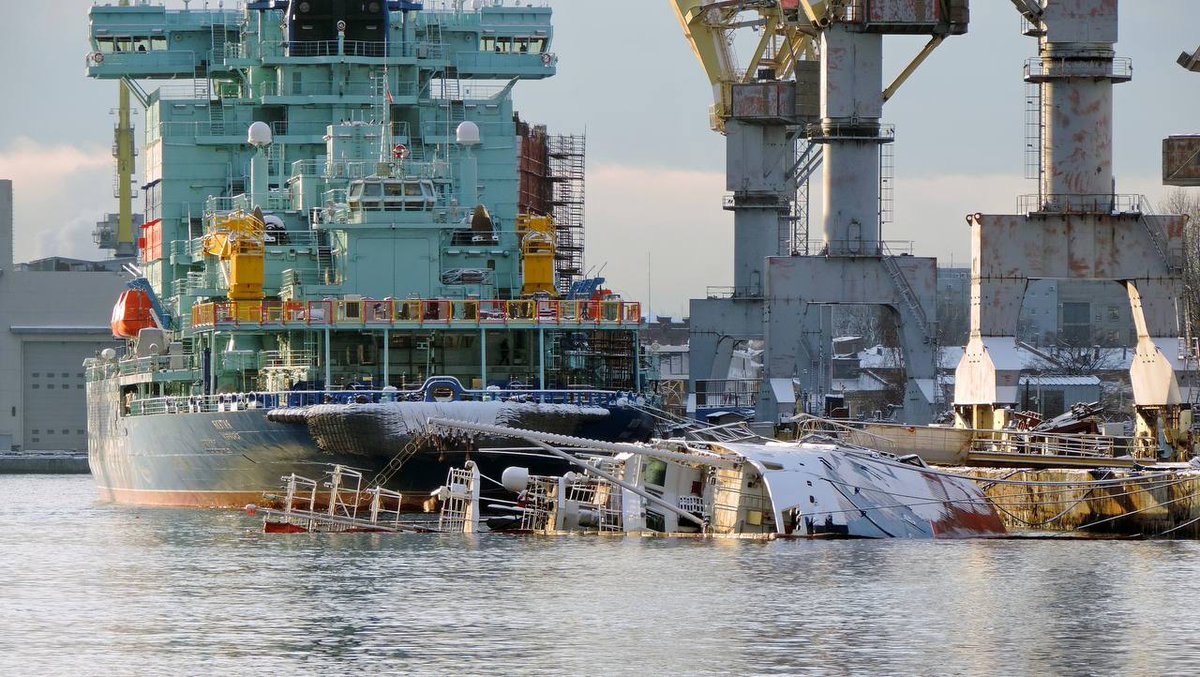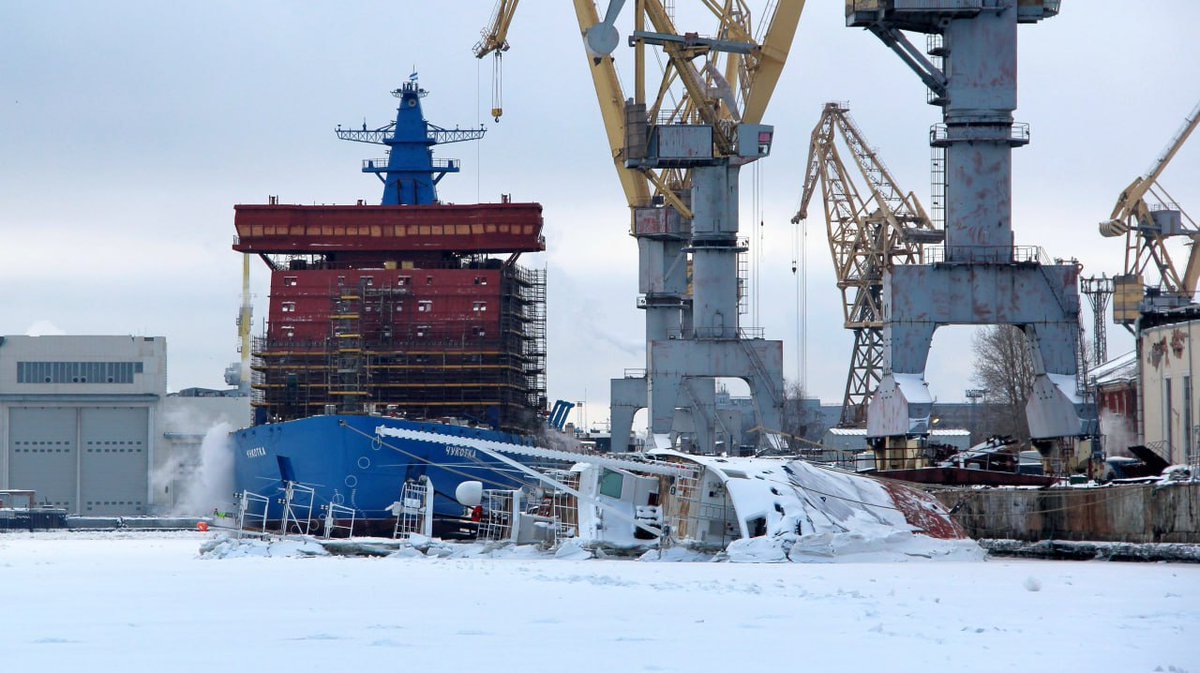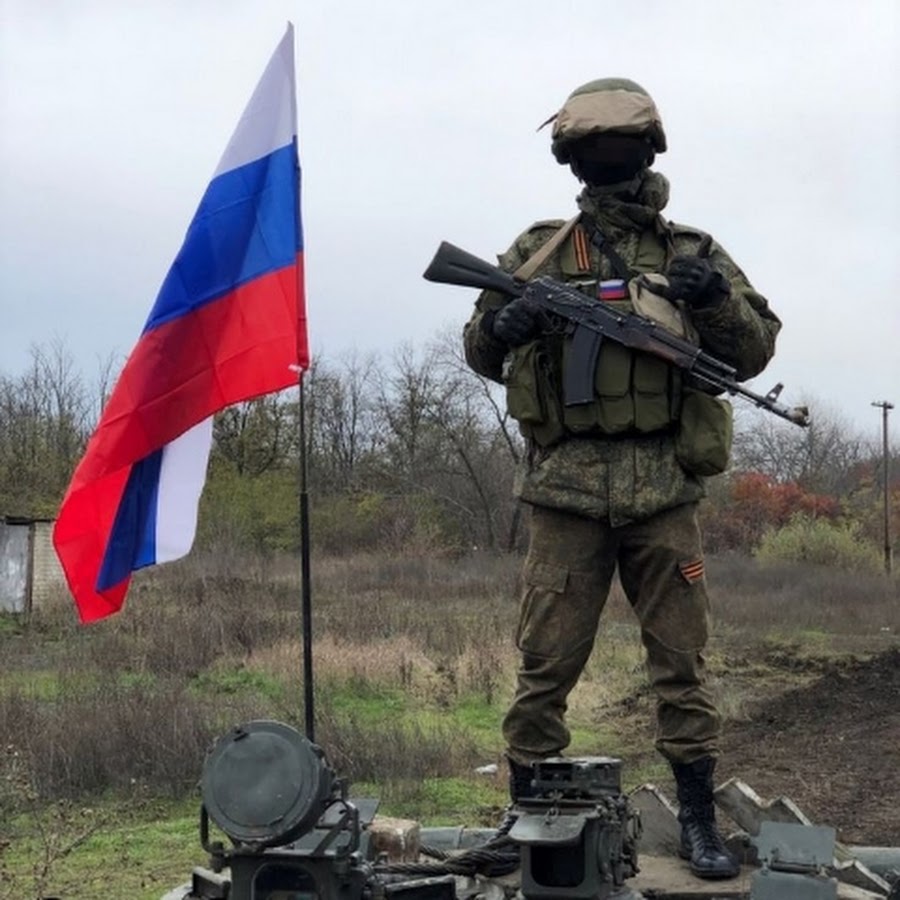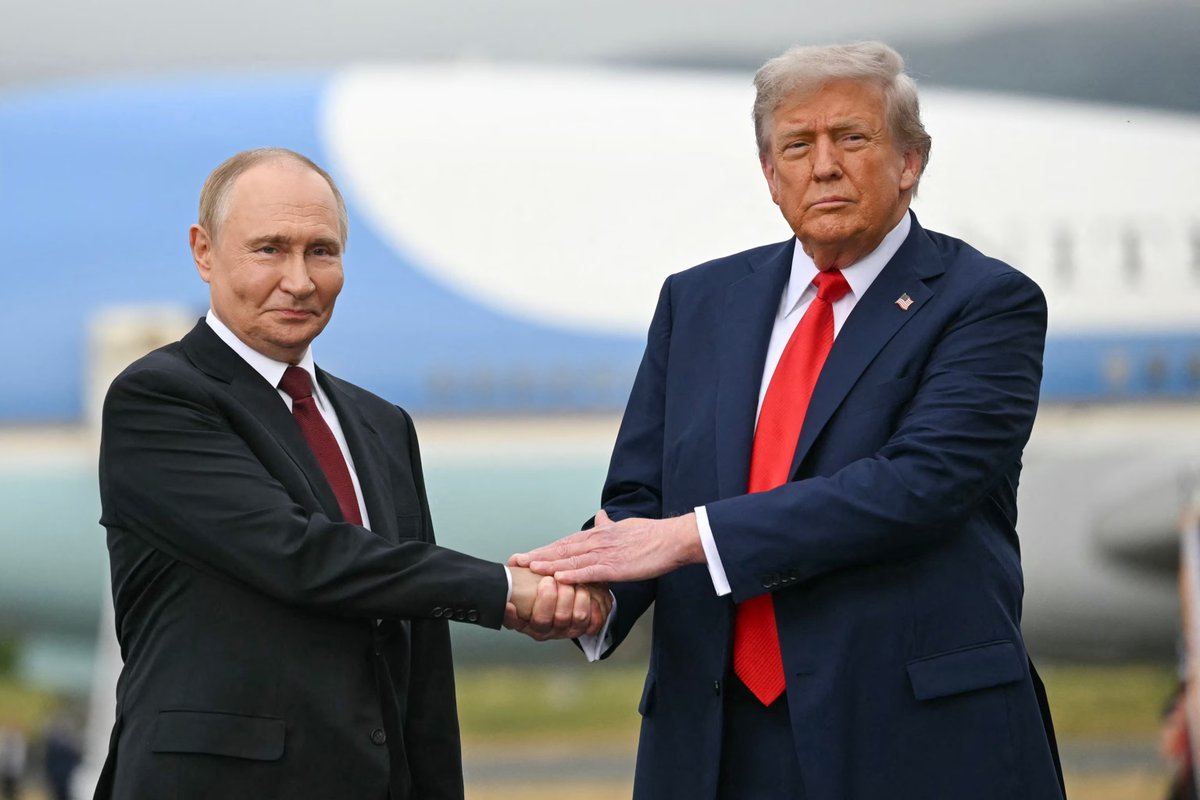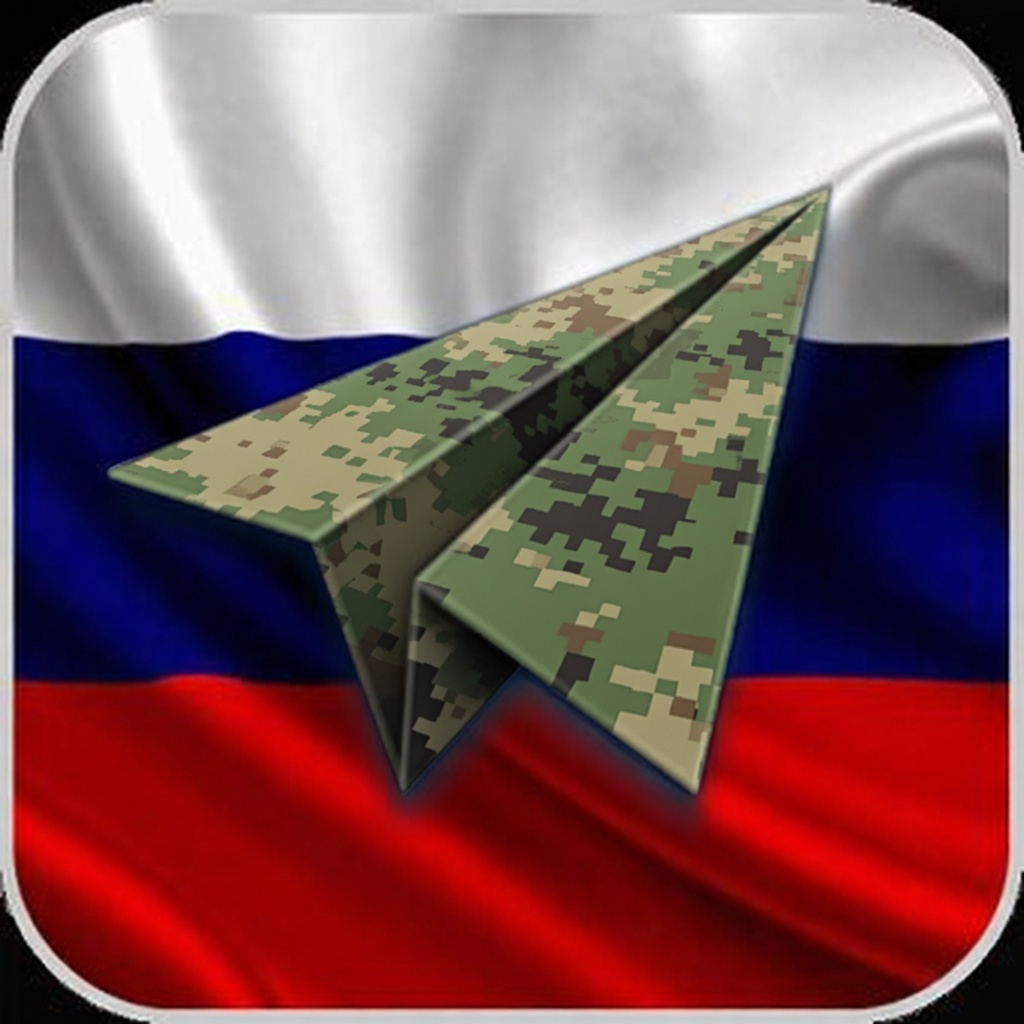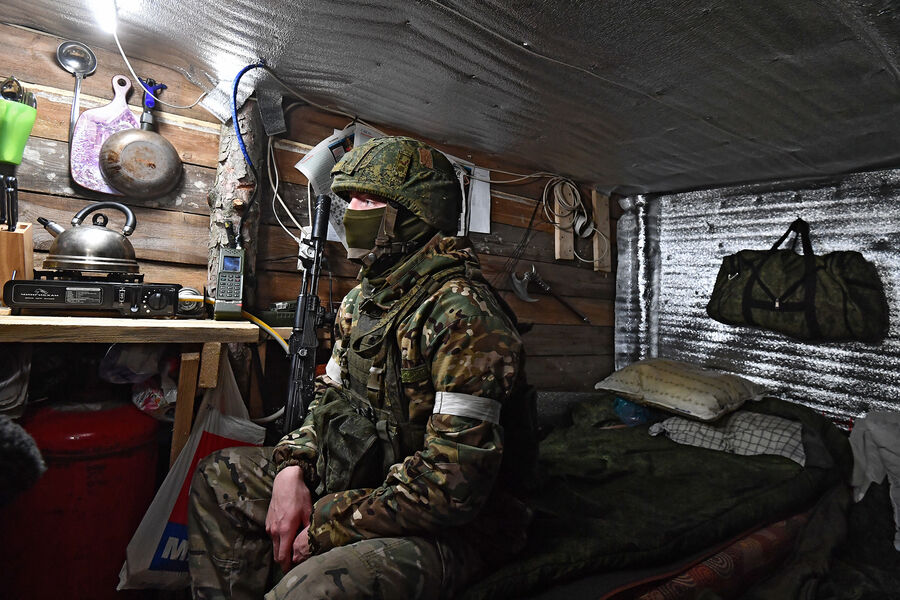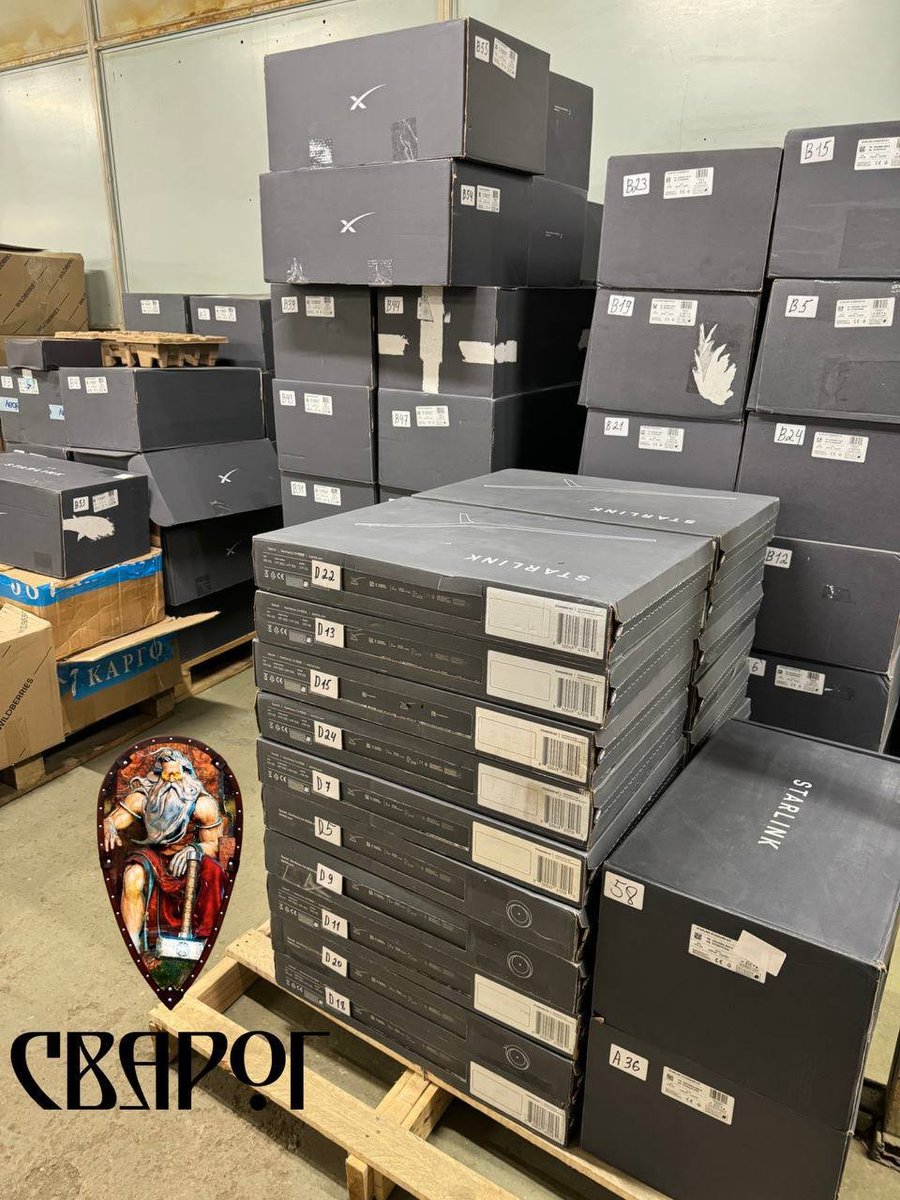1/ Who is Russia's Commissioner for Children’s Rights, Maria Lvova-Belova, co-accused with Vladimir Putin over the deportation of Ukrainian children to Russia? A new profile highlights her rise as a 'project' of fundamentalists in the the Russian Orthodox Church. ⬇️ 

2/ The independent Russian news outlet Verstka has published an account of Lvova-Belova's background and rise to become an important, and now notorious, part of the Russian state apparatus. Born in Penza in 1984, she is the wife of a priest and mother of 23 children.
3/ She married her husband Pavel Kogelman, then a programmer and now a priest, at the age of 19. She is said to have been captivated by his wish for a large family: "according to her, if she met a guy who wanted less than three children, there was no second date." 

4/ She went on to have 5 biological children, adopted another 4 and by 2021 had become the guardian of a further 13 children with disabilities. She co-founded a charity for the adoption of orphans with Anna Kuznetsova, her future predecessor as children's commissioner.
5/ Lvova-Belova joined Putin's All-Russian People's Front in 2014 and soon rose to lead the Mothers of Russia organisation. She continued to work for charitable causes in Penza, but when her friend Kuznetsova became children's commissioner in 2016, her funding surged.
6/ With funding from federal and regional grants, companies and oligarchs, Lvova-Belova established new projects for children and orphans with disabilities. One project, the "New Banks Art Estate", was reported to have cost 190 million rubles ($2.46 million).
7/ Lvova-Belova became an increasingly prominent member of Putin's circle. She was awarded the Order of the Holy Equal-to-the-Apostles Grand Duke Vladimir III by the Russian Orthodox Church and joined the Civic Chamber of the Russian Federation, advising the government.
8/ In 2019 she stood for election to the Penza City Duma (council) and won. However, she was reportedly forced in unclear circumstances to give up her seat to a local businesswoman who appears to have been a more powerful member of Putin's party, United Russia.
9/ Perhaps as a consolation, she was given a place in the Presidium of the General Council of United Russia in November 2019. She subsequently became a senator in Russia's senate, the Federation Council, representing the Penza region.
10/ The Penza media reported that her attitude towards her wards in her charitable projects changed after she went into federal politics. Many problems arising from neglect and mismanagement began to be reported.
11/ According to Verstka, "some tenants were allegedly issued loans to pay for the cost of treatment, others died due to lack of proper care, and severely disabled residents were “hidden” from inspectors."
12/ The local publication Bloknot reported that "residents such as Denis Nazarov, like many other guests, were, like freaks or animals, hidden from commissions and distinguished guests when they visited Veronica's House." Nazarov himself developed bedsores from a lack of care. 

13/ Journalists from the publication Notepad wrote: "For the sake of Maria Lvova-Belova's public relations, people were literally herded into events and felt as if they were being set up as a zoo for visiting dignitaries."
14/ Lvova-Belova was appointed Commissioner for Children's Rights in October 2021, replacing Kuznetsova, who had been elected to the State Duma. According to Verstka, her candidacy for the post was supported by powerful figures in the Russian Orthodox Church (ROC).
15/ A source says: "There is a 'party' of fundamentalist conservatives. Some of them, a big portion, are closely associated with the war party. They are all pro-priests [supporting the ROC].
16/ But since the ROC supervises essentially all family policy, they have the last word [in appointing officials at the level of children's ombudsman]. This is how she [Lvova-Belova] became a joint project of the ROC and the AP [presidential administration]."
17/ She has played a central role in the deportation of children from Ukraine since the war started. On 11 March 2022, she wrote on her personal Telegram channel that Putin "unconditionally supported the possibility of placing orphans from Donbass in Russian families."
18/ Lvova-Belova signed an agreement with Eleonora Fedorenko and Yulia Nazarenko, the Commissioners for Children's Rights of the Donetsk and Luhansk 'People's Republics' in occupied eastern Ukraine, to allow for the relocation of children from both regions to Russia.
19/ She has written about this work on her personal Telegram channel, highlighting how children from territories seized by Russia have had their Ukrainian identities erased after being relocated to Russia. She says they are now "indistinguishable from the locals".
20/ "In Bobrov's remedial school, Bogdan from Donetsk grinds parts on a machine and promises to help rebuild the city. And the kids, who now go to the 'Leader' school, are indistinguishable from the locals.
21/ When asked "Where are you from?", Vanya from the DPR says "I am from Bobrov"."
At one event held for Ukrainian children, she greeted them alongside artists dressed in Russian traditional costumes and told them, "We welcome you like this, because now you are ours."
At one event held for Ukrainian children, she greeted them alongside artists dressed in Russian traditional costumes and told them, "We welcome you like this, because now you are ours."
22/ Lvova-Belova personally accompanied children being taken from the occupied territories and handed them over to Russian foster families. In August 2022, she adopted a 15-year-old boy named Philip, who had lost his Ukrainian foster family during the Russian attack on Mariupol. 

23/ She has also been closely involved in efforts to give children pro-Russian 'patriotic education' under the auspices of the All-Russian Congress of the Movement of Children and Youth.
24/ This has sought to promote themes such as unity with Russia and "the rallying of the nation and new territories", as a girl from Horlivka (Gorlovka) in the DPR put it in a televised event.
In response to her indictment by the ICC, Lvova-Belova has written:
In response to her indictment by the ICC, Lvova-Belova has written:
25/ "I am glad that the international community has appreciated our work to protect children. The fact that we surround them with care and loving people.
And it's especially nice to be on the same team as Russian President Vladimir Putin.
We will continue to work further!" /end
And it's especially nice to be on the same team as Russian President Vladimir Putin.
We will continue to work further!" /end
Sources:
🔹 verstka.media/lvova-belova-p…
🔹 bloknot.ru/obshhestvo/zhe…
🔹 t.me/malvovabelova/…
🔹 t.me/malvovabelova/…
🔹 t.me/malvovabelova/…
🔹 verstka.media/lvova-belova-p…
🔹 bloknot.ru/obshhestvo/zhe…
🔹 t.me/malvovabelova/…
🔹 t.me/malvovabelova/…
🔹 t.me/malvovabelova/…
• • •
Missing some Tweet in this thread? You can try to
force a refresh


